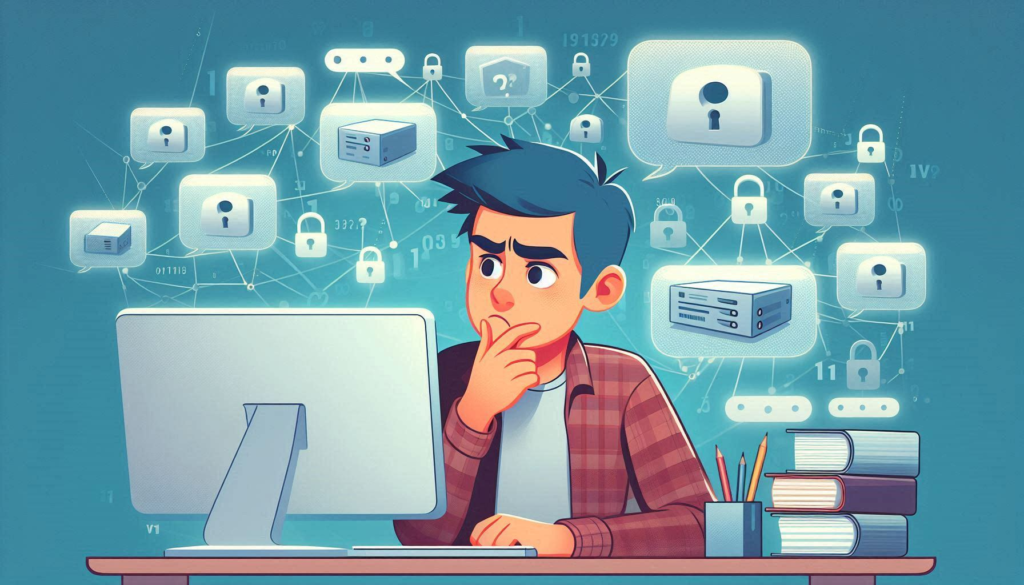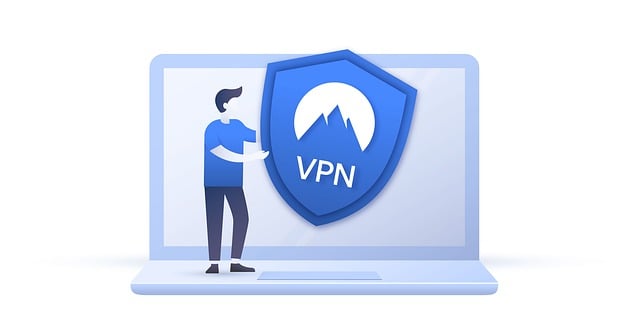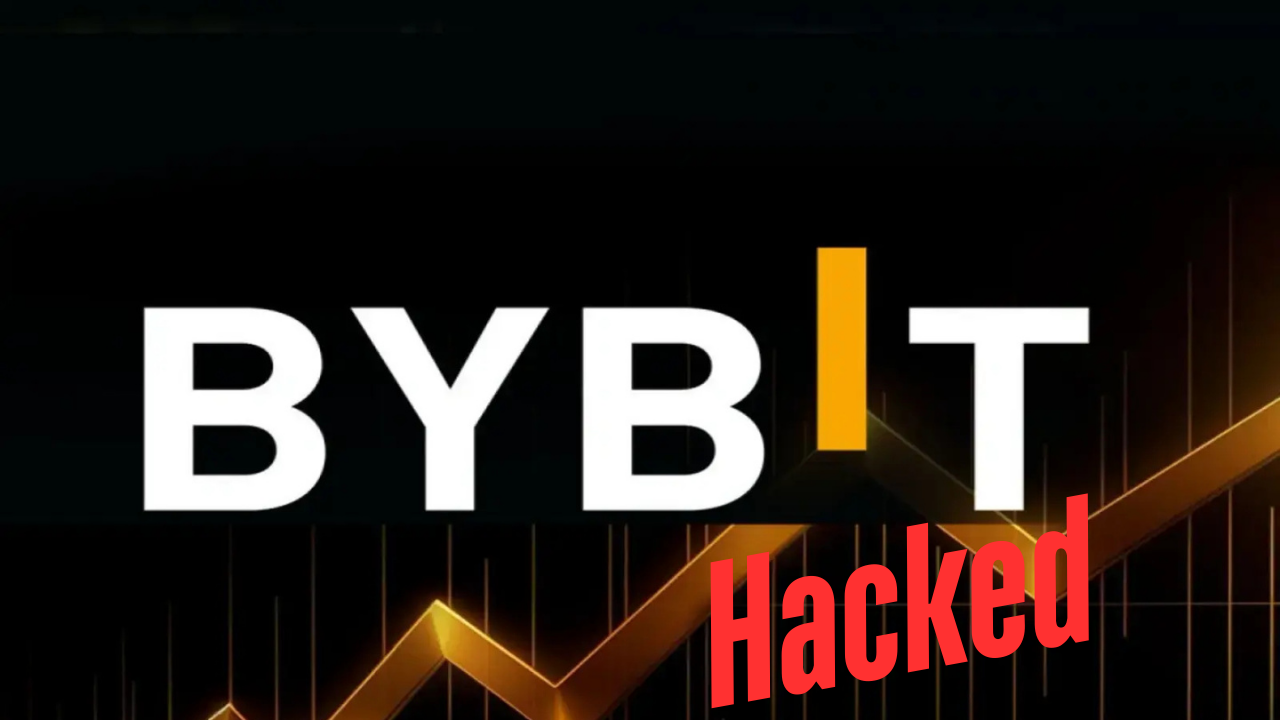Can browsing history be traced through a VPN?

Can browsing history be traced through a VPN? A common concern many users have when using a VPN is whether their browsing history can still be traced. While VPNs are designed to mask your IP address and encrypt your internet traffic, making it more difficult for third parties like your internet service provider (ISP) or hackers to monitor your online activities, there are still situations where your browsing history could be traced.
Factors such as the VPN provider’s logging policy, potential DNS leaks, or tracking methods like cookies and browser fingerprinting can leave traces of your activity, even when using a VPN.
How a VPN Affects Your Browsing Privacy
Through the encryption of your internet traffic and masking your true IP address, using a VPN significantly improves your privacy. It is more difficult for websites, ISPs, and other third parties to track your location, identity, and online activities while these two crucial features are in place.
IP Address Masking
Your device is given a unique IP address each time it connects to the internet, which can be used to track your online activity and reveal your location to websites, ISPs, and other parties. This IP address is visible while browsing without a VPN, which makes it simple for websites, advertisements, or nefarious individuals to track you down.
On the other hand, a VPN uses one of their servers to route your internet connection through, hiding your actual IP address. Through this process, the VPN server’s IP address is assigned to you instead of your own. Only the IP address of the VPN server will be visible to websites and other online services, making it more difficult for them to determine your actual location or connect your browsing activity to your real identity.
Websites you visit while in New York will display the IP address of the UK server if you connect to a VPN server there, giving the impression that you are browsing from there rather than New York. This improves your privacy and can be used to get around censorship and geographical limitations.
Encryption of Traffic
IP masking aids in hiding your location, but encryption makes sure that your online activities stay private. Your browsing history, the data you send, and even the substance of your online chats are all visible to your ISP and any other third parties who may be watching your connection if encryption is not used.
By encrypting all of your internet traffic, a VPN protects your connection by rendering it unreadable to anyone attempting to intercept it. By establishing a secure tunnel between your device and the VPN server, encryption jumbles your data, rendering it unintelligible to hackers, ISPs, or government agencies even if they were to attempt to access it.
For example, if you’re using public Wi-Fi at a coffee shop, a hacker could attempt to snoop on your connection and steal your personal information. However, with a VPN, the encryption ensures that your browsing activity, passwords, and other sensitive data remain protected and invisible to outsiders.
This encryption makes it exceedingly difficult for anyone — including ISPs, hackers, or surveillance agencies — to see what you’re doing online, adding an additional layer of privacy to your internet usage.
Can VPN Providers See Your Browsing History?

When using a VPN, your internet traffic is routed through the VPN provider’s servers. This raises a critical question: Can the VPN provider see your browsing history? The answer depends largely on the provider’s logging policies and the type of data they choose to store.
VPN Provider Logging Policies
One of the most important factors when selecting a VPN is whether the provider adheres to a strict no-logs policy. A no-logs policy means that the VPN provider does not store any data about your online activities, including the websites you visit, the content you access, or any other browsing details. Providers that log your data could theoretically trace your browsing history and even share it with third parties, which completely defeats the purpose of using a VPN for privacy.
It’s critical to investigate and select VPN companies with transparent reports or independent audits to bolster their well-documented no-logs policy. Reputable VPN companies go over and beyond to show their dedication to customer privacy by being transparent about their logging policies.
Types of Logs VPNs Might Keep
VPN providers can keep various types of logs, even if they claim to enhance privacy. The key is understanding what logs, if any, the provider stores. The two most common types are connection logs and activity logs:
- Connection Logs
- What They Include: Connection logs typically store metadata about your session, such as your IP address, the timestamp of when you connected to the VPN, and the duration of your session.
- Privacy Impact: While connection logs don’t directly record the websites you visit, the metadata can still reveal information about your online habits. For example, frequent connections to a specific server might indicate when and where you access the internet. If your real IP address is logged, this can also be used to trace your identity.
- Activity Logs
- What They Include: Activity logs are more intrusive as they record the actual websites you visit, the content you access, and data transferred (such as downloaded files or streaming data).
- Privacy Impact: VPNs that store activity logs can easily trace your entire browsing history, making them as invasive as an ISP. This defeats the purpose of using a VPN, as your online activities can be monitored and even sold or handed over to authorities.
Providers that log activity data are compromising your privacy, and these should be avoided at all costs.
Transparency Reports and Independent Audits
To build trust, many reliable VPN providers publish transparency reports and undergo independent audits. These reports detail how the provider handles user data, what they log (if anything), and any requests they’ve received from governments or authorities for user data. Independent security audits verify whether a VPN provider’s no-logs claims are legitimate by inspecting their infrastructure and policies.
Users can choose a VPN provider with more assurance that their browsing history is not being watched, logged, or revealed to third parties by selecting one that has completed independent audits and publishes transparency reports.
Situations Where Browsing History Can Be Traced
Unreliable VPN Providers
Some VPN services, particularly those that are less reputable or free, may sell user information or keep logs that show your surfing history. These firms may collect information about your online activity, such as the websites you visit, connection timestamps, and even your IP address, which they may then sell to advertising companies or other parties. To avoid this issue, choose a reputable VPN service provider with strict no-logs guidelines.
DNS Leaks
Even with a VPN, DNS leaks can reveal the websites you visit to your internet service provider (ISP) or other outside parties. DNS requests are used to convert website names into IP addresses; if your ISP’s DNS servers handle these requests rather than the VPN’s encrypted tunnel, your browsing history could still be traced. Because of this, a reliable VPN needs to feature DNS leak protection.
Browser Cookies and Fingerprinting
While a VPN masks your IP address, it does not prevent websites from tracking you down through cookies or browser fingerprinting. Websites store little data files called cookies on your device. Even if you disconnect from the VPN, they are still able to monitor your movements in between sessions. Because browser fingerprinting gathers data about your operating system, browser type, screen resolution, and loaded extensions to create a unique identifier, websites may be able to track you even if your IP address changes.
VPN Misconfiguration
Your connection may be weakened and your browsing history may be exposed by an improperly configured virtual private network (VPN), which may leak your true IP address or other sensitive information. Misconfigurations can be caused by faulty software, incorrect settings, or the inability to reconnect after a brief disconnect. After that, there’s a chance that your data will leave the secret VPN tunnel and be accessible to websites, ISPs, and hackers.
Ways Your Browsing History Might Still Be Tracked

Websites and Cookies
You should be aware that websites may still keep cookies on your device, even if you use a VPN. Thanks to cookies, websites are able to keep track of your activities over time by remembering your login credentials, preferences, and browsing patterns. Since a VPN does not block cookies, your browsing history can still be linked to your identity even if your IP address is hidden thanks to these saved data files.
Third-Party Tracking and Browser Fingerprinting
Third-party trackers and browser fingerprinting techniques are commonly employed by advertisers and websites to identify and monitor people on the internet. The process of fingerprinting entails gathering several pieces of information about your device, including the kind of browser you use, the operating system you use, the screen resolution you use, and any plugins you have loaded, in order to generate a distinct digital “fingerprint.” This enables them to monitor your online activities on other websites, even in the event that you utilize a VPN to mask your IP address. Websites that have third-party trackers integrated into them may also keep track of your activities over several sessions.
Logged-In Services
Regardless of the VPN you are using, your activities can be recorded when you are connected into Google, Facebook, or other online services. Since your identity is connected to your account, these platforms are able to keep an eye on your activities across all of their services. For example, even if the VPN masks your IP address, Google can still link your search history and website visits to your profile if you’re logged into your account when browsing.
Can Your ISP See Your Browsing History with a VPN?
How a VPN Hides Your Browsing History
By encrypting your internet traffic, a VPN keeps your browsing history secret from your Internet Service Provider (ISP). All data traveling over an encrypted tunnel is routed through your device and the websites you visit when you use a VPN. Your data is jumbled up by this encryption, rendering it unintelligible to outsiders—including your internet provider. Consequently, the websites you visit, the material you engage with, and your online actions are all hidden from your ISP.
What Your ISP Can Still See
Your ISP can still tell that you’re connected to a VPN even though they are unable to view the contents of your browser history. They can see how much data you are moving and that you are sending encrypted data to and from a VPN server. Your ISP, however, is unable to decode the data you send or receive or the websites you visit because the communication is encrypted. Furthermore, the IP address of the VPN server might be used by ISPs to determine which VPN company you are using.
Can Authorities Trace Browsing History Through a VPN?
Legal Requests and VPN Compliance
If the VPN operator complies with legal requests, authorities can occasionally be able to track surfing history through the service. Certain VPN service providers are obligated by rules governing data retention to keep track of user behavior or comply with subpoenas from the authorities. In nations where it is legally mandated for VPNs to retain user data, even those with a no-logs policy can find themselves compelled to abide by government orders. If a VPN provider maintains activity or connection logs, these records may be given to authorities, which might enable them to follow your online activities.
VPNs in Countries with Strict Internet Regulations
VPN service providers could be legally obligated to maintain user activity logs or follow government censorship guidelines in nations like China, Russia, or Iran that have stringent internet controls. Certain countries require VPNs to track users’ browsing history or to ban specific content. Furthermore, VPNs that break these rules risk being completely blocked, which would force users to use services that have been approved by the government and can track their online activities. This increases the likelihood that authorities in these areas will be able to track down internet history.
Case Study: VPN and Privacy Compromise
Scenario Overview
In 2020, a political dissident who lived in a nation with stringent internet censorship regulations used a VPN to safeguard their identity. They chose a free VPN service in the hopes that it would conceal their online activities and keep them anonymous when they visited and posted on politically sensitive websites and on social media. The activist thought that their data was encrypted by the VPN, preventing any kind of tracking.
The Problem
Although the activist’s VPN service provider purported to provide robust encryption and privacy protection, it was surreptitiously logging user information. This provider defied its stated “no-logs” policy by keeping copious connection logs that included IP addresses, timestamps, and data usage. Furthermore, the VPN frequently experienced DNS breaches, exposing the activist’s online activities to their ISP. Many times, communication was redirected outside of the encrypted tunnel as a result of VPN configuration errors.
Local law enforcement started looking into oppositional online activity and sent legal demands to several internet service providers and tech firms to find those who were endorsing anti-government sentiments. Operating in a nation with stringent data retention regulations, the free VPN company was forced to abide by the government’s orders. Under pressure from the authorities, the provider turned over connection logs and DNS request records even though they had previously denied logging data.
The Outcome
Because of the DNS breaches and the VPN provider’s logs, the authorities were able to track the activist’s IP address and determine the websites they had visited. After the activist was eventually found, their internet activity was used against them in court.
Lessons Learned
This case study highlights several key lessons:
- Choosing a Trustworthy VPN Provider: It is crucial to select a VPN provider with a proven, verified no-logs policy and to avoid free VPN services that may log or sell user data. Premium VPN services often provide transparency reports and undergo independent audits to validate their no-logs claims.
- The Risks of DNS Leaks: DNS leaks can reveal your browsing history to ISPs and other third parties, even when you think your traffic is encrypted. Using a VPN with built-in DNS leak protection and regularly testing for leaks can help mitigate this risk.
- The Impact of Jurisdiction and Compliance: VPN providers operating in jurisdictions with strict data retention laws may be required to log user data and comply with government requests. It’s important to choose a VPN that is based in a privacy-friendly country to avoid this scenario.
- The Importance of VPN Configuration: Even the most secure VPN can fail to protect your data if it is not configured correctly. Users should ensure their VPN is properly set up, regularly updated, and that features like kill switches and DNS leak protection are activated to avoid accidental exposure.
In summary, the activist’s experience underscores the fact that while VPNs can enhance privacy, they are not infallible, and careful consideration is needed when selecting and using a VPN for sensitive activities.
Conclusion: Can Browsing History Be Traced Through a VPN?
Although using a VPN to encrypt your internet traffic and hide your IP address greatly improves your online privacy, it is not a 100% reliable way to keep your browsing history secret. Parts of your online activities may still be made public by a few variables, including DNS leaks, browser cookies, fingerprinting, VPN misconfigurations, and the dependability of the VPN provider. Furthermore, your browser history may be traced if VPN companies honor court orders or operate in areas subject to stringent legislation. As a result, even while a VPN is a crucial tool for maintaining your privacy, users should be aware of its limits and take extra precautions to ensure their online anonymity.
Also read: What is an Expert Opinion on the Issue Related to VPN?
Also read: Is there any way to setup VPN on the router?
FAQs: Can Browsing History Be Traced Through a VPN?
1. Can my ISP see what websites I visit if I use a VPN?
No, when you use a VPN, your ISP is unable to see the precise websites you visit. Your internet traffic is encrypted by the VPN, rendering it unintelligible to your ISP. They are able to tell, nevertheless, that you are connected to a VPN and how much data you are transferring.
2. Can websites track me even if I use a VPN?
Yes, even if a VPN hides your IP address, websites can still monitor you via cookies and browser fingerprinting. While browser fingerprinting analyzes information about your system to identify you across sessions, cookies store data on your device.
3. Can a VPN provider see my browsing history?
Depending on the supplier, yes. Certain VPNs record user behavior or connection information, which can reveal your surfing history. Select a VPN that does not track or store your data in order to protect your privacy.
4. Can authorities trace my browsing history through a VPN?
If the VPN operator complies with legal requirements, authorities may be able to track your activities using the service, particularly in countries where data retention rules are in place. VPN service providers who maintain logs could have to reveal user data upon request from law authorities.
5. What is a DNS leak, and can it expose my browsing history?
When your DNS requests—which convert website names into IP addresses—pass through the VPN’s encrypted tunnel and are processed by your ISP instead, it’s known as a DNS leak. Even with a VPN, this can reveal the websites you are viewing.
6. Can VPN misconfiguration lead to my browsing history being exposed?
Yes, a misconfigured VPN may fail to encrypt your traffic properly, allowing your ISP or other third parties to see your browsing history and discover your true IP address or other sensitive information.
Loading newsletter form...






